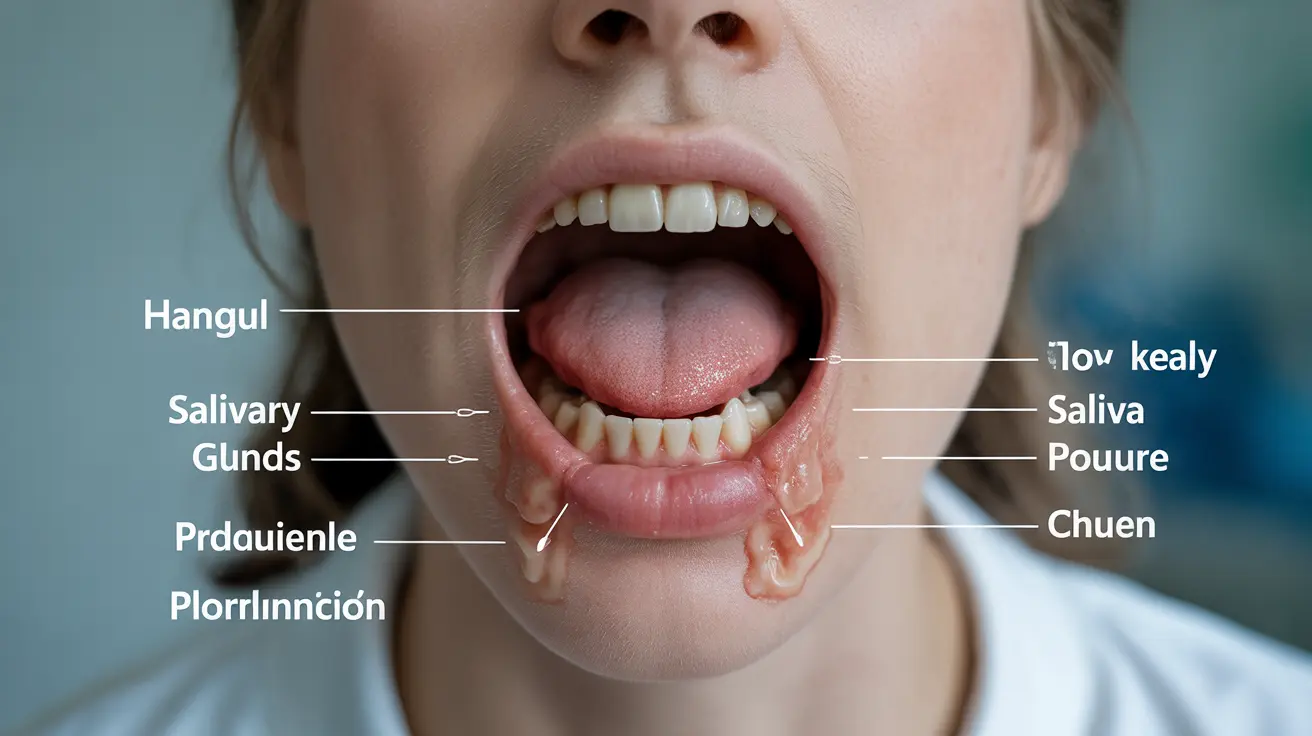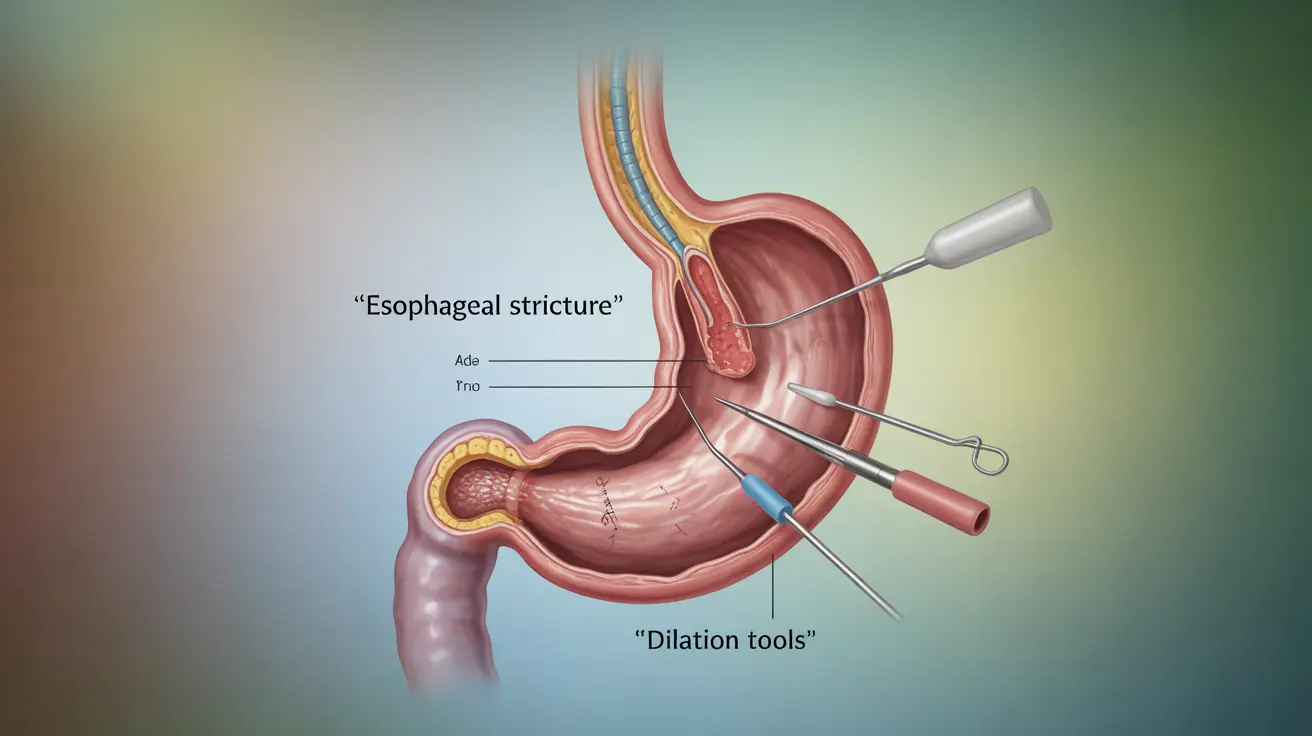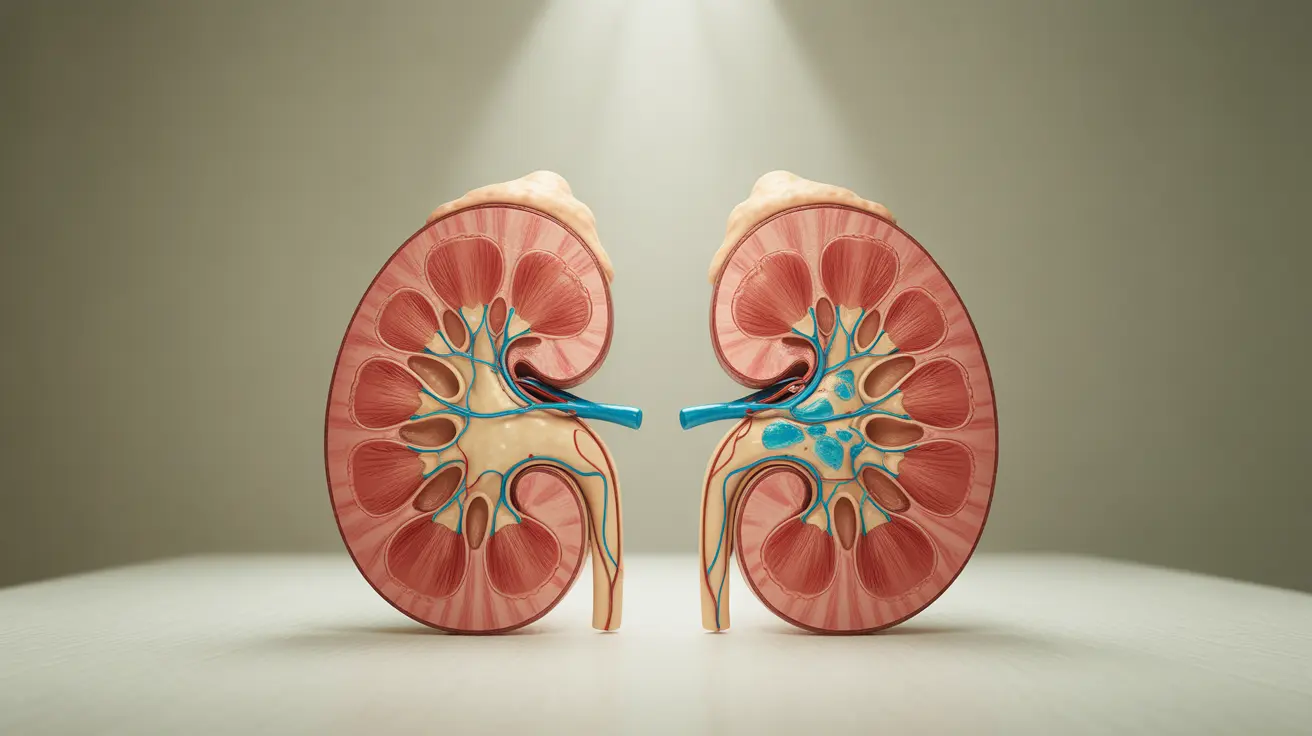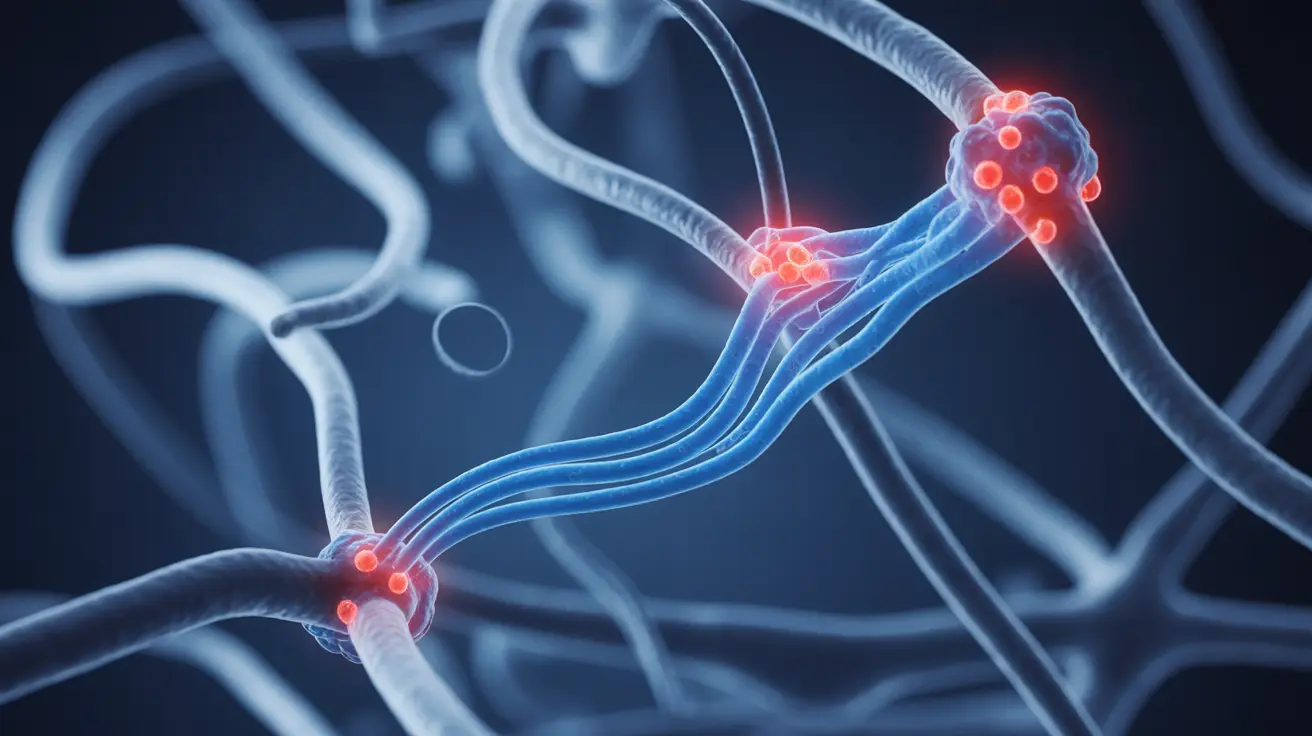Dry mouth, medically known as xerostomia, is more than just a temporary inconvenience – it's a condition that can significantly impact your daily life and oral health. When your salivary glands don't produce enough saliva, it can affect everything from your ability to speak and eat comfortably to your risk of dental problems.
This comprehensive guide will explore the various causes of dry mouth, effective treatment options, and essential preventive measures to help you manage this challenging condition.
Understanding the Causes of Dry Mouth
Dry mouth can occur for numerous reasons, ranging from temporary lifestyle factors to chronic medical conditions. Common causes include:
- Medications (including antidepressants, antihistamines, and blood pressure medications)
- Medical treatments (such as radiation therapy)
- Autoimmune conditions (like Sjögren's syndrome)
- Dehydration
- Aging
- Nerve damage affecting the salivary glands
Recognizing the Signs and Symptoms
Identifying dry mouth early can help prevent complications. Watch for these common symptoms:
- Sticky, dry feeling in your mouth
- Difficulty speaking or swallowing
- Changes in taste sensation
- Bad breath
- Cracked or dry lips
- Frequent thirst
- Problems wearing dentures
Home Treatment Strategies
Several effective home remedies can help manage dry mouth symptoms:
Lifestyle Modifications
Making simple changes to your daily routine can significantly improve dry mouth:
- Sip water frequently throughout the day
- Use a humidifier while sleeping
- Avoid caffeine, alcohol, and tobacco
- Chew sugar-free gum to stimulate saliva production
- Breathe through your nose instead of your mouth
Natural Remedies
Consider these natural approaches to relief:
- Aloe vera juice rinses
- Coconut oil pulling
- Herbal teas (especially chamomile and marshmallow root)
- Natural xylitol products
Dental Care with Dry Mouth
Proper oral hygiene becomes even more crucial when dealing with dry mouth:
- Brush teeth at least twice daily with fluoride toothpaste
- Floss daily to prevent cavities
- Use alcohol-free mouthwash
- Schedule regular dental check-ups
- Consider using special dry mouth oral care products
Medical Treatment Options
When home remedies aren't enough, medical interventions may be necessary:
Prescription Medications
Several medications can help stimulate saliva production:
- Pilocarpine (Salagen)
- Cevimeline (Evoxac)
- Artificial saliva substitutes
Professional Care
Your healthcare provider might recommend:
- Adjusting current medications
- Treating underlying conditions
- Regular monitoring of oral health
- Specialized dental treatments
Frequently Asked Questions
What are the common causes of dry mouth, and how can it be diagnosed? Dry mouth is commonly caused by medications, medical treatments, autoimmune conditions, and aging. Diagnosis typically involves a medical history review, physical examination, and possibly blood tests or imaging of the salivary glands.
How can I treat dry mouth at home, and are there any effective herbal remedies? Effective home treatments include staying hydrated, using sugar-free gum, and trying herbal remedies like aloe vera juice or chamomile tea. A humidifier can also help, especially during sleep.
Can dry mouth be caused by certain medications, and what options are available if it is? Yes, many medications can cause dry mouth, including antidepressants, antihistamines, and blood pressure medications. If medication is the cause, your doctor might adjust your dosage or switch to an alternative medication.
How can I prevent dental problems when I have dry mouth, and what are some recommended oral hygiene practices? Maintain excellent oral hygiene by brushing twice daily with fluoride toothpaste, flossing regularly, using alcohol-free mouthwash, and having regular dental check-ups. Consider using specialized dry mouth products.
What prescription medications are available to stimulate saliva production in people with severe dry mouth? Prescription medications like Pilocarpine (Salagen) and Cevimeline (Evoxac) can stimulate saliva production. These medications are typically prescribed when other treatments haven't provided sufficient relief.




